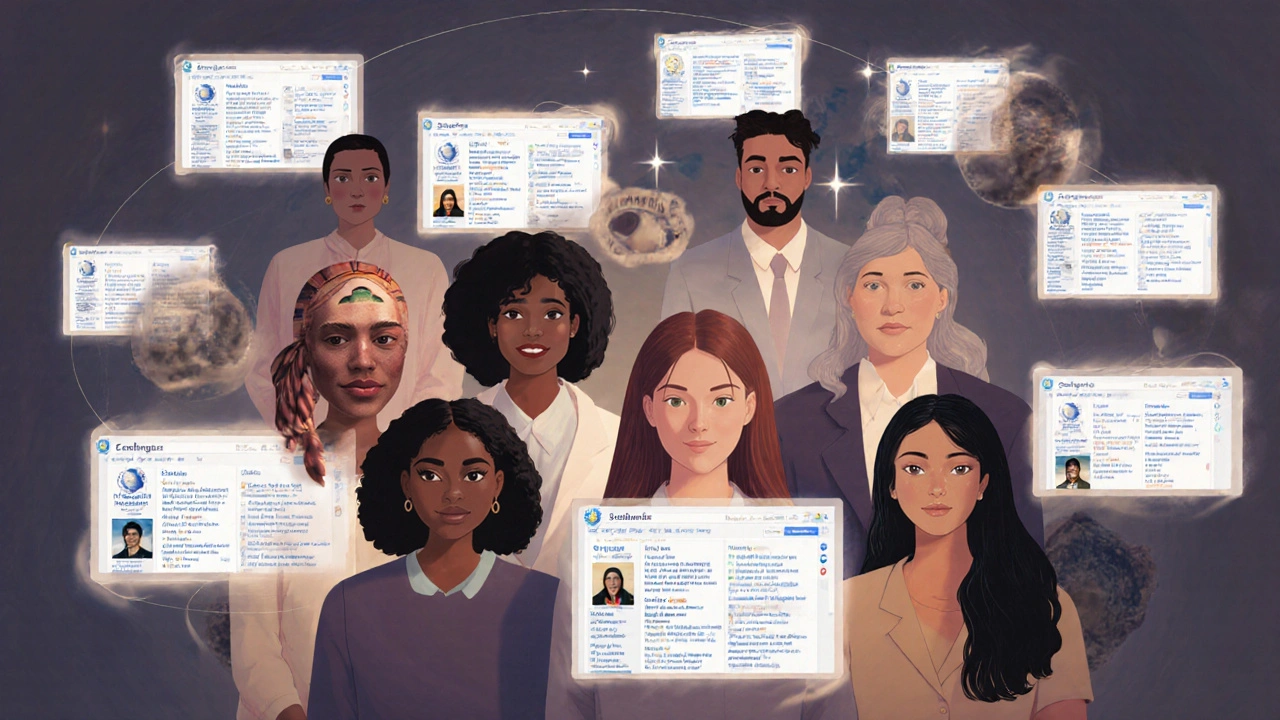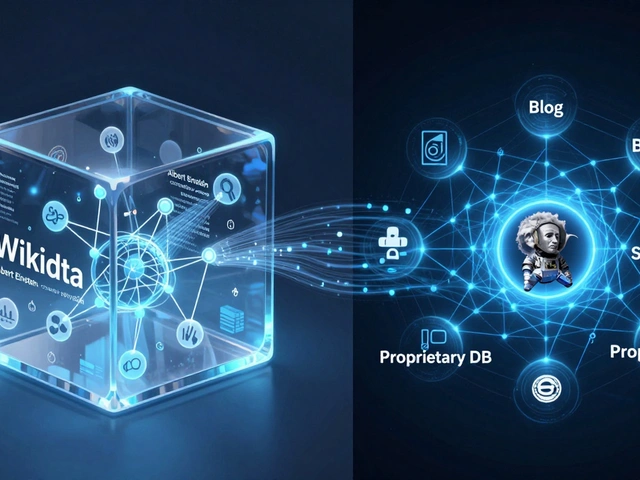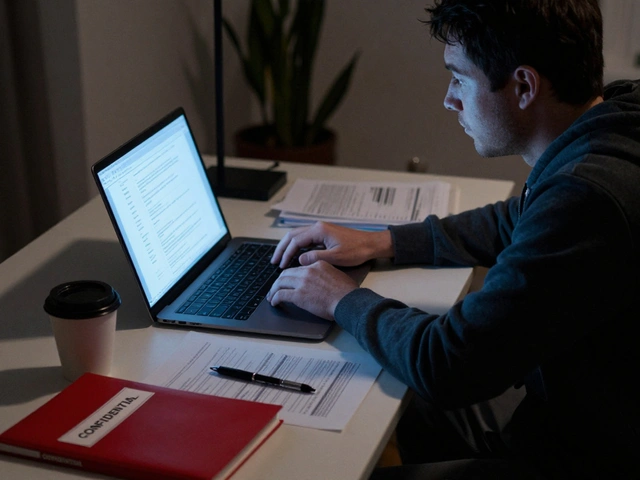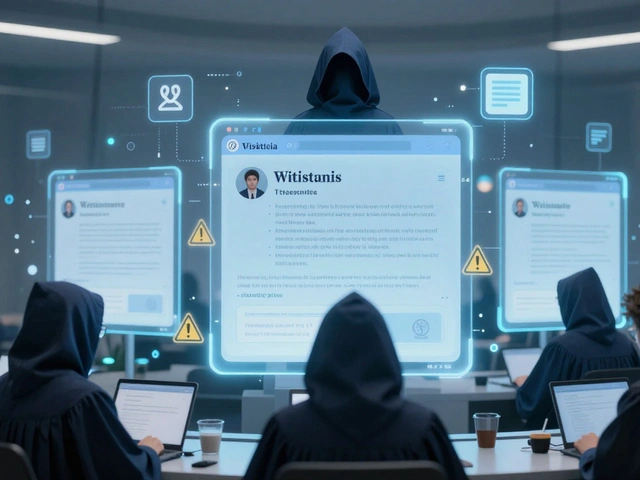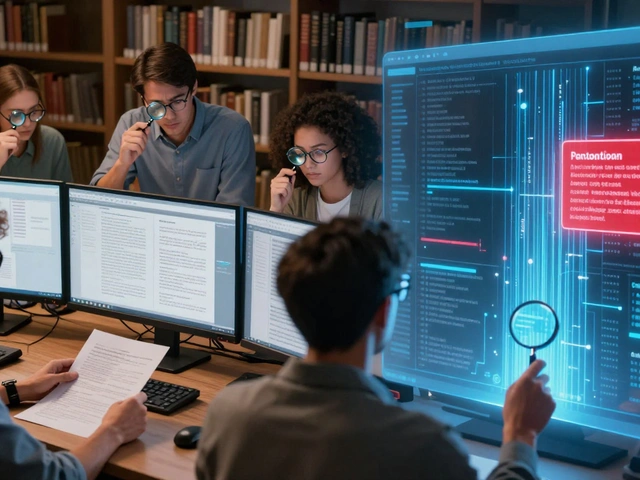Content Equity on Wikipedia: Fair Representation, Bias, and Who Gets to Be Heard
When we talk about content equity, the principle that knowledge on Wikipedia should reflect real-world diversity and not just dominant perspectives. Also known as fair representation, it’s not just about adding more articles—it’s about fixing whose stories get told, how they’re told, and who gets to decide. Wikipedia isn’t neutral by accident. It’s the result of decades of volunteer work, policy debates, and quiet fights over what counts as reliable. But when most editors come from the same backgrounds, the same voices dominate—and the rest get left out.
That’s where due weight, Wikipedia’s policy that requires articles to reflect the proportion of reliable sources on a topic. Also known as proportional representation, it’s meant to stop fringe ideas from being given equal space with well-supported ones. But due weight doesn’t fix systemic gaps. For example, Indigenous histories, women’s contributions in science, or non-Western philosophies often lack enough published sources in English to meet Wikipedia’s standards—even when they’re well-documented in local languages or oral traditions. This isn’t a sourcing problem. It’s a power problem.
Wikimedia Foundation, the nonprofit that supports Wikipedia’s infrastructure and funding initiatives. Also known as WMF, it’s the organization behind tools like Wikidata and campaigns to bring in editors from underrepresented regions knows this. Their 2025-2026 plan puts content equity front and center—not as a side project, but as a core goal. They’re funding language projects, partnering with universities in the Global South, and pushing back against copyright takedowns that erase culturally important content. But real change happens at the edit level. A single editor in Nigeria adding verified details about a local leader. A group of Indigenous students in Canada correcting centuries of misrepresentation in a Wikipedia article. These aren’t big headlines. But they’re what content equity looks like in action.
And then there’s AI. Algorithms trained on Wikipedia data can lock in existing biases—repeating the same gaps, the same omissions, the same errors. That’s why AI literacy and human oversight go hand in hand. You can’t outsource fairness to code. You need people who know what’s missing—and the courage to fix it.
What you’ll find below isn’t just a list of articles. It’s a map of the battles being fought, the tools being built, and the quiet victories happening every day to make Wikipedia more than just a mirror of the powerful. It’s becoming a space where knowledge belongs to everyone—not just those who’ve always had the mic.
Reducing Systemic Bias on Wikipedia Through Task Forces
Wikipedia task forces are volunteer groups working to fix systemic bias by adding missing voices, correcting harmful language, and expanding reliable sources. Their efforts are making the encyclopedia more accurate and inclusive.
